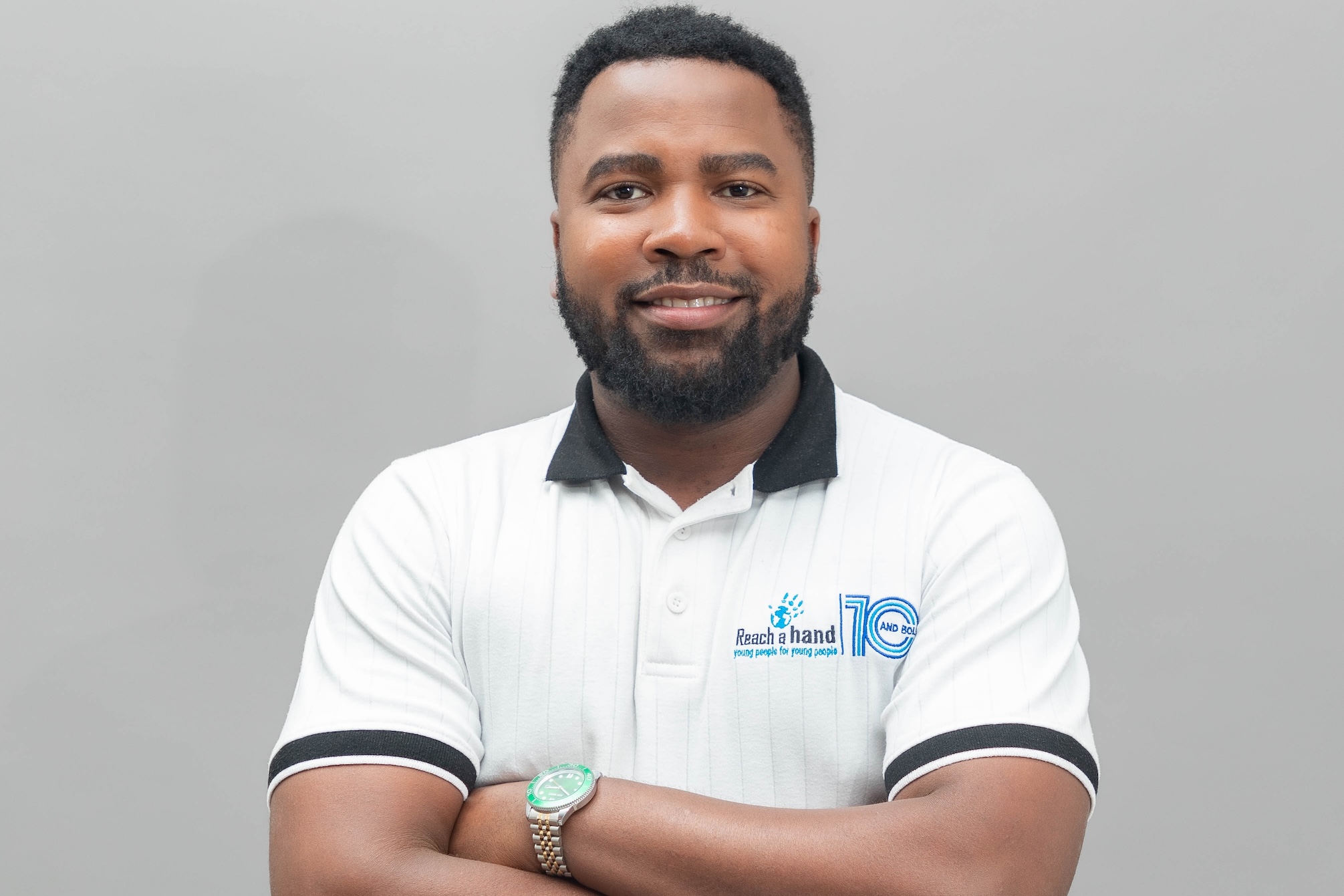Over the last 14 years, through innovative campaigns, educational programs, and youth-led initiatives, Nabimanya has triggered a wave of awareness and sparked a much-needed conversation among the youth about sexual…
Lights, Camera, Action! A Q&A With Humphrey Nabimanya, Founder & CEO of Reach A Hand Uganda Humphrey Nabimanya is the founder and Chief Executive Officer of Reach A Hand Uganda - a youth-centred non-profit organisation working to address the pressing issues affecting the lives of young people, such as sexual and reproductive health, HIV/AIDS and teenage pregnancy. Hailing from the vibrant village of Katereza in Rugando sub-county, Rwampara district, his journey to create a lasting social impact began when he founded the organisation in 2011 while pursuing a Community Psychology degree at Makerere University. He has also been a media practitioner for over 15 years, having worked as a youth presenter with NBS TV from 2007 to 2018.


